Jobs
10 great jobs in agricultural mechanics: The future of farming | AGDAILY
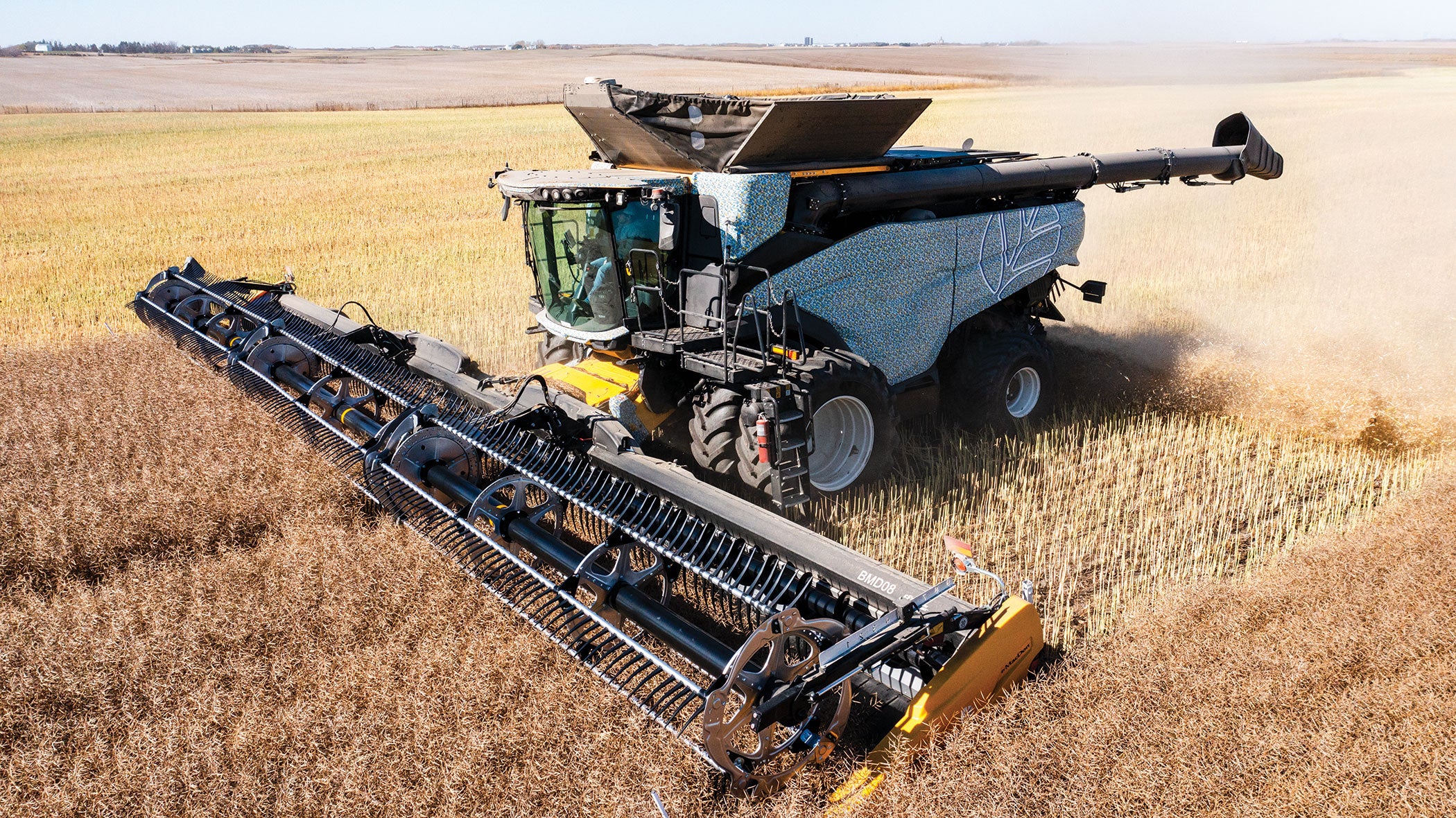
Agricultural mechanics is a vital sector within the farming industry, focused on the repair, maintenance, and development of the machinery and equipment essential for modern agriculture. As farms grow more technologically advanced, the demand for skilled mechanics continues to rise. From tractors to irrigation systems, ag mechanics ensure that farmers can maximize efficiency, minimize downtime, and keep operations running smoothly. Here are the top 10 jobs in agricultural mechanics that are shaping the future of farming.
1. Farm Equipment Technician
Farm equipment technicians are the backbone of ag mechanics. These professionals specialize in maintaining and repairing essential farm machinery such as tractors, combines, plows, and sprayers. With equipment becoming more sophisticated, technicians need to have a deep understanding of both mechanical and electronic systems. They troubleshoot, fix, and fine-tune machines to ensure farmers can harvest crops on time without interruptions.
Skills needed: Problem-solving, mechanical aptitude, familiarity with farm machinery, and an understanding of computer diagnostics.
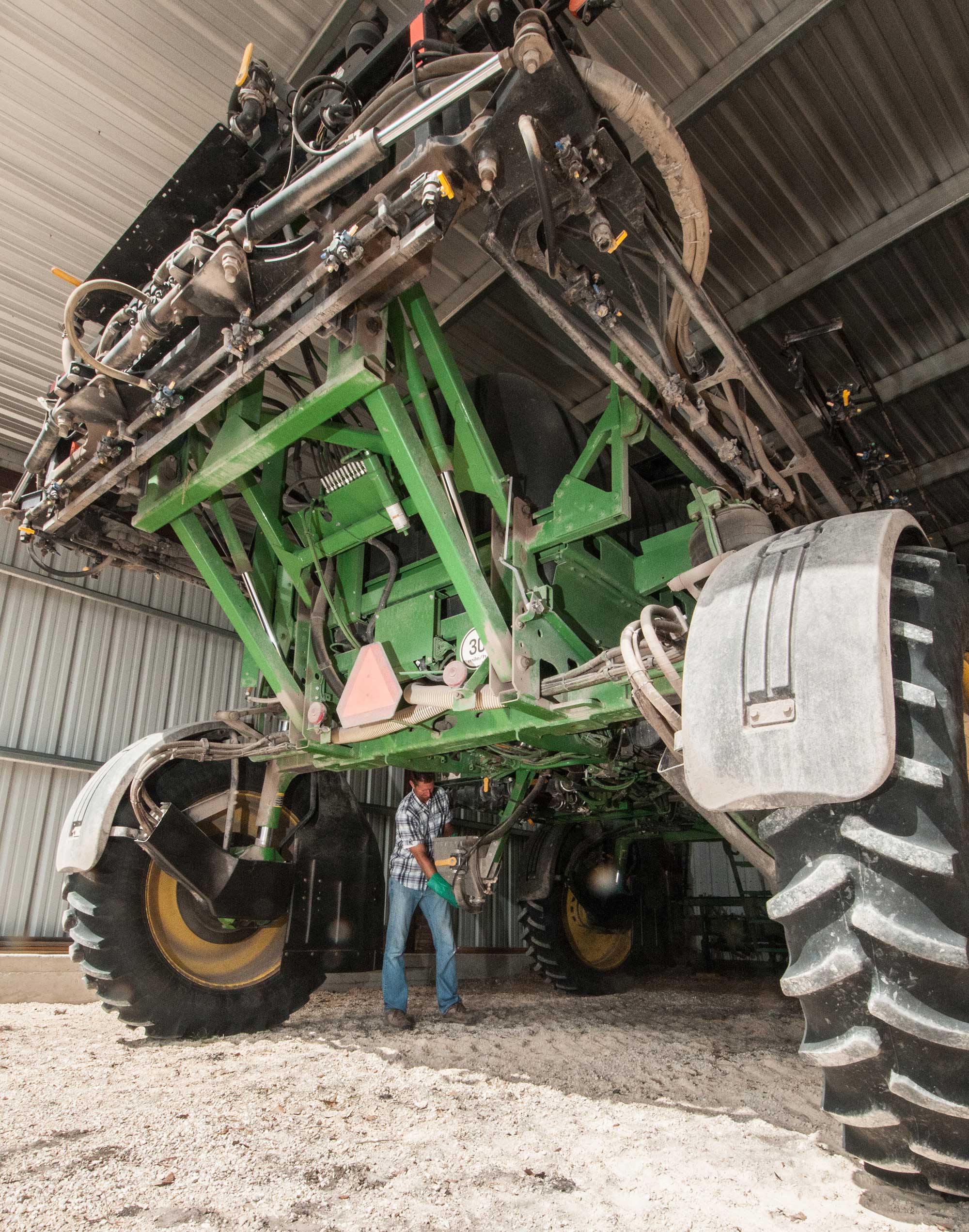
2. Agricultural Engineer
Agricultural engineers apply principles of engineering, biology, and environmental science to develop new machinery, tools, and systems that improve agricultural practices. They design advanced equipment like automated tractors and irrigation systems to increase efficiency, reduce labor costs, and make farming more sustainable. This role blends mechanical and agricultural expertise to innovate new solutions for modern farming challenges.
Skills needed: Strong engineering background, knowledge of agricultural processes, creativity, and problem-solving.
3. Irrigation Technician
Irrigation technicians specialize in the installation, maintenance, and repair of irrigation systems that keep crops hydrated and healthy. With water management being critical to farming success, these professionals are crucial for setting up systems that conserve water while providing optimal coverage. They must understand hydraulic systems, piping, and electronic controls that regulate water flow.
Skills needed: Hydraulics, plumbing, electrical systems, and an understanding of crop irrigation needs.
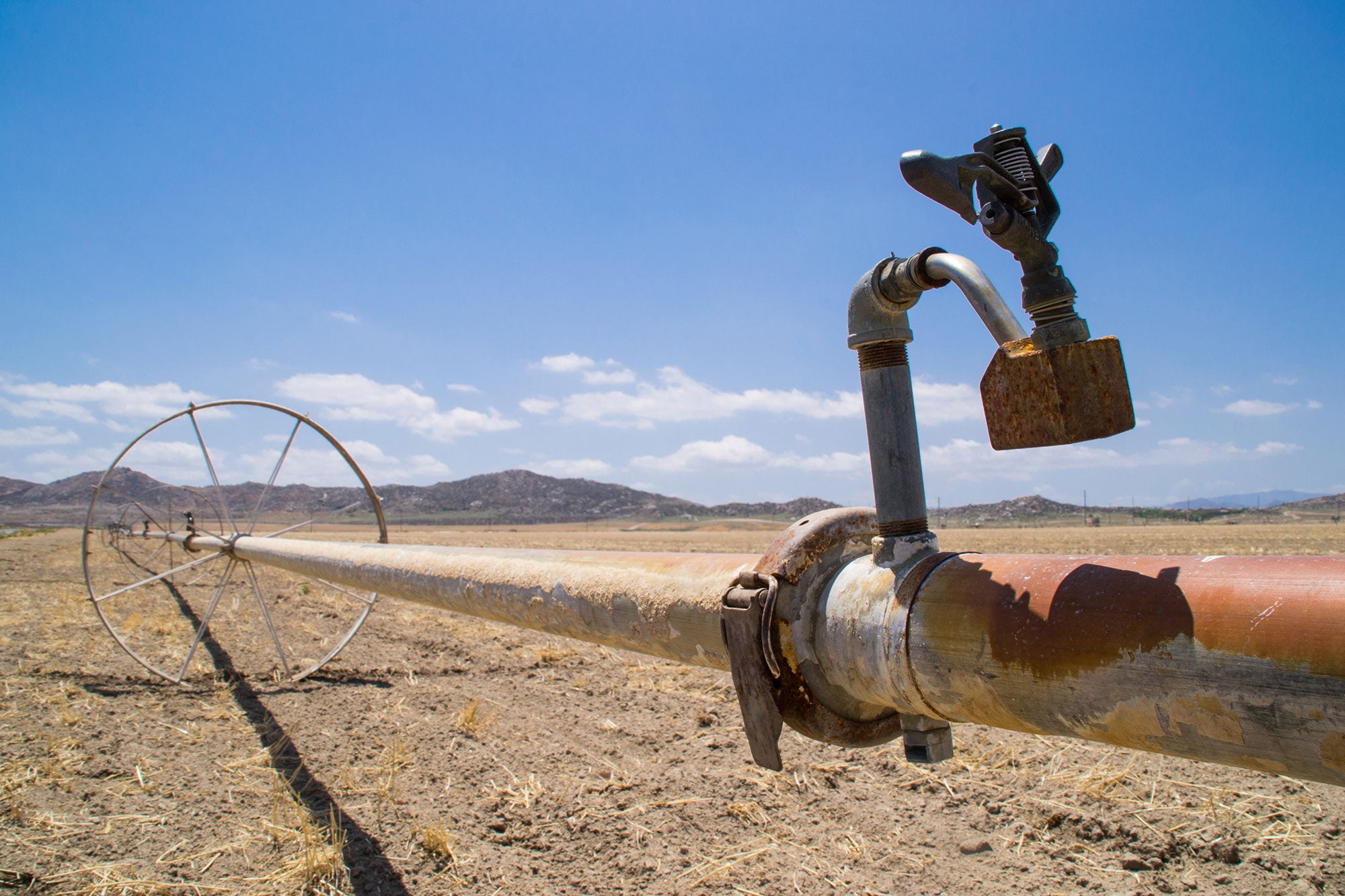

4. Diesel Mechanic
Since most farm equipment runs on diesel engines, diesel mechanics are essential in agricultural mechanics. They diagnose, repair, and maintain diesel-powered vehicles such as tractors, trucks, and harvesters. As emissions regulations become more stringent, diesel mechanics must also stay up-to-date on cleaner engine technologies and ensure that equipment complies with environmental standards.
Skills needed: Expertise in diesel engines, diagnostic tools, and emissions standards.
5. Precision Agriculture Technician
Precision agriculture technicians work at the intersection of technology and farming, specializing in GPS systems, sensors, drones, and data analysis software that help farmers optimize their crop yields. These technicians install and maintain the technological systems that allow farmers to collect real-time data on soil conditions, crop health, and machinery performance, ultimately helping to increase efficiency and productivity.
Skills needed: GPS systems, data analysis, familiarity with agricultural equipment, and technology troubleshooting.


6. Welder and Fabricator
Farm equipment and structures often require custom welding and fabrication to meet specific operational needs. Welders and fabricators in agriculture repair or modify machinery, build custom parts, and create structural components like grain bins or fencing. Their work is critical in ensuring that equipment remains functional and tailored to a farm’s unique requirements.
Skills needed: Welding, metal fabrication, blueprint reading, and mechanical understanding.
7. Hydraulic Systems Technician
Hydraulic systems are found in nearly all modern farm equipment, from loaders to balers. Hydraulic systems technicians are responsible for maintaining and repairing these systems, which control the movement of machinery parts. This job requires knowledge of hydraulic principles, fluid dynamics, and the ability to troubleshoot complex mechanical issues.
Skills needed: Expertise in hydraulics, mechanical systems, and fluid power principles.
8. Agricultural Machinery Sales Representative
While this role may not involve hands-on repair, agricultural machinery sales representatives need a deep understanding of farm equipment to effectively sell and recommend the right machinery for specific farming needs. They often act as advisors to farmers, ensuring they have the most suitable equipment for their operations. Knowledge of the latest technology in agricultural machinery is essential for success in this role.
Skills needed: Strong communication, customer service, mechanical knowledge, and understanding of farm operations.
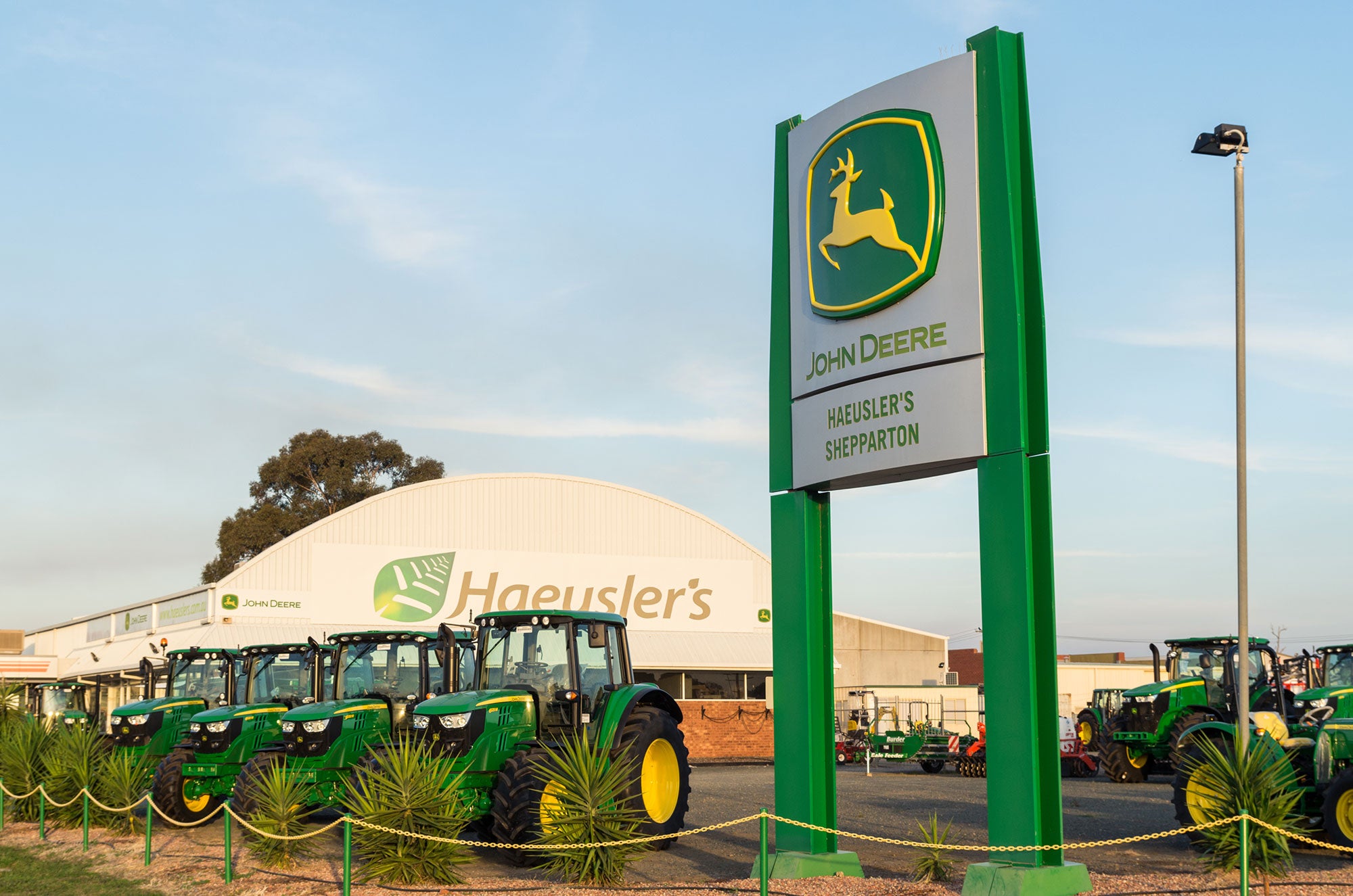

9. Farm Equipment Parts Manager
Farm equipment parts managers are responsible for overseeing the inventory of machinery parts at dealerships or service centers. They ensure that replacement parts are readily available to minimize farm equipment downtime. This role involves managing relationships with suppliers, overseeing inventory systems, and sometimes providing guidance to technicians and farmers on parts selection and installation.
Skills needed: Inventory management, mechanical knowledge, attention to detail, and supplier relationship management.
10. Agricultural Drone Technician
Drones are becoming an integral part of modern agriculture, used for crop monitoring, spraying, and mapping large tracts of land. Agricultural drone technicians are responsible for maintaining and repairing drones used in these operations. With a mix of mechanical and electronic skills, they ensure that drones are functioning correctly and are updated with the latest software and firmware.
Skills needed: UAV (unmanned aerial vehicle) knowledge, electronics, GPS systems, and software maintenance.
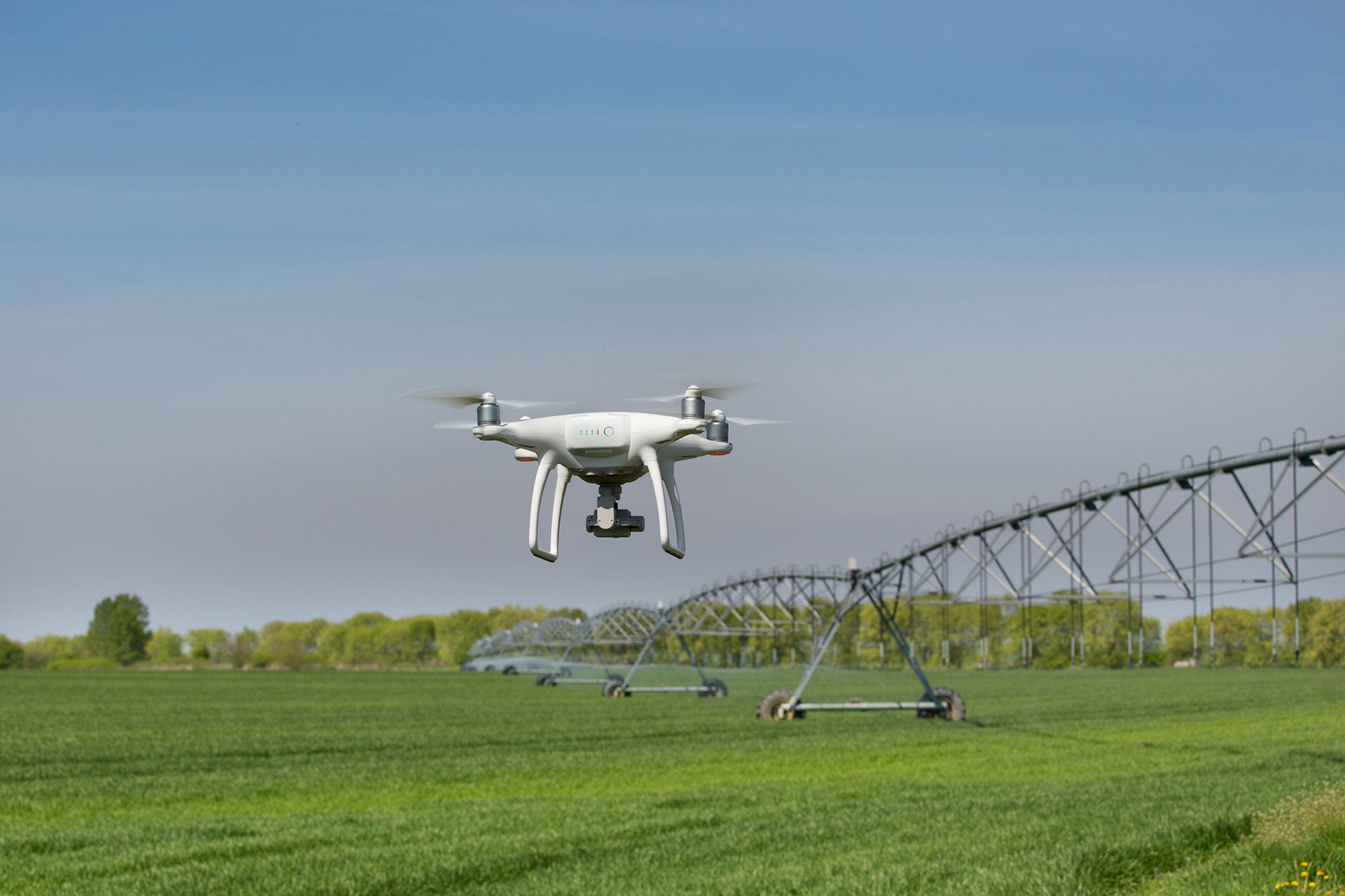

The future of agricultural mechanics looks bright, with technological advancements continually changing how farms operate. The rise of automation, precision agriculture, and sustainable farming practices means that those in agricultural mechanics will need to stay at the forefront of these innovations. As equipment becomes more complex, the demand for skilled mechanics who can blend mechanical expertise with advanced technology will only grow.
Whether you’re passionate about working hands-on with farm equipment, innovating new systems, or managing parts and sales, ag mechanics offers a wide range of career opportunities that are both rewarding and crucial to the success of modern farming.
Michelle Miller, the Farm Babe, is a farmer, public speaker, and writer who has worked for years with row crops, beef cattle, and sheep. She believes education is key in bridging the gap between farmers and consumers.








